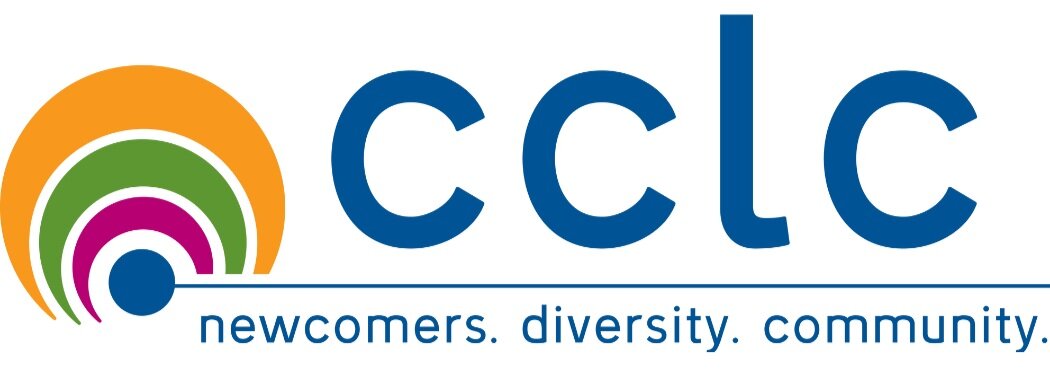8 Ways to Improve Your English-Speaking Skills
Language skills are essential for communicating effectively with people in a new country, as well as for accessing opportunities such as education, employment, and social integration. Developing language skills can help individuals better understand the culture, customs, and values of their new home, which can improve their overall quality of life and sense of belonging.
Additionally, being able to speak English can make it easier to navigate daily tasks such as grocery shopping, getting around, and dealing with paperwork. Overall, language skills development is crucial for successfully integrating into a new country and thriving in that environment.
Here are 8 ways you can improve your English-speaking skills:
Practice, Practice, Practice: The more you practice speaking in English, the better you’ll become. Find opportunities with native speakers or other English learners, even if it’s just a few minutes each day.
Join one of CCLC’s English Conversational Circles to get started. Our Conversational Circles are held daily across different London Public Library locations, virtually, and at our 505 Dundas Street centre.
Monday – 10:00-11:30 AM - Virtual (Please contact us for the Zoom link)
Tuesday – 2:00-3:30 PM – Cherryhill Public Library
Tuesday – 6:30-8:00 PM – East London Library
Tuesday – 6:30-8:00 PM – Bostwich Public Library
Tuesday – 6:30-8:00 PM – Masonville Public Library
Wednesday – 6:30-8:00 PM – Jalna Public Library
Wednesday – 7:00-8:30 PM – Pond Mills Public Library
Thursday – 6:30-8:00 PM – Stoney Creek Public Library
Friday – 10:30 AM-12:00 PM – Central Public Library
Friday – 10:30 AM-12:00 PM – Virtual (Please contact us for the Zoom link)
Saturday – 10:00-11:30 AM – (Please contact us for the Zoom link)
Saturday – 10:30 AM-12:00 PM – Crouch Public Library
Listen to Podcasts: Listening to English podcasts can help you improve your pronunciation, vocabulary, and comprehension skills. Choose podcasts that interest you and listen to them regularly.
Record Yourself Speaking: Record yourself speaking in English and listen to the recordings. This can help you identify areas where you need improvement and make corrections.
Use English in Your Daily Life: Incorporate English into your daily routine by reading English news articles, writing emails or texts in English, or even thinking in English.
Volunteer: Volunteering can not only help you give back to your community and support causes you care about, but it can also be a great way to practice your English communication skills and meet new people. Volunteering opportunities can range from one-day events to long-term commitments and can involve a variety of activities such as helping at the CCLC, participating in your programming, or assisting at our events. By volunteering, you can interact with native English speakers and fellow volunteers, practice your language skills, and learn more about the customs of your new home. It’s also a great way to build your resume and gain valuable skills and experiences that can help you in your personal and professional life. Click here to get started.
Attend Language Exchange Events: Attend language exchange events in your community where you can practice speaking with native English speakers and other English learners. The CCLC’s Community Connections program hosts daily programs for Adults, Youth, and Families. Our programs and events are a great opportunity to practice your English, make new connections, and get involved in your new community. Click here for our full events calendar.
Don’t Be Afraid to Make Mistakes: Making mistakes is a natural part of the learning process. Don’t be afraid to make mistakes when speaking in English and learn from them to improve your skills.
Join an English Class: Our team does initial language assessments for newcomers to determine their current level of ability. From there, we provide you with information and referral services to the English as a Second Language program. To book your assessment, click here.
